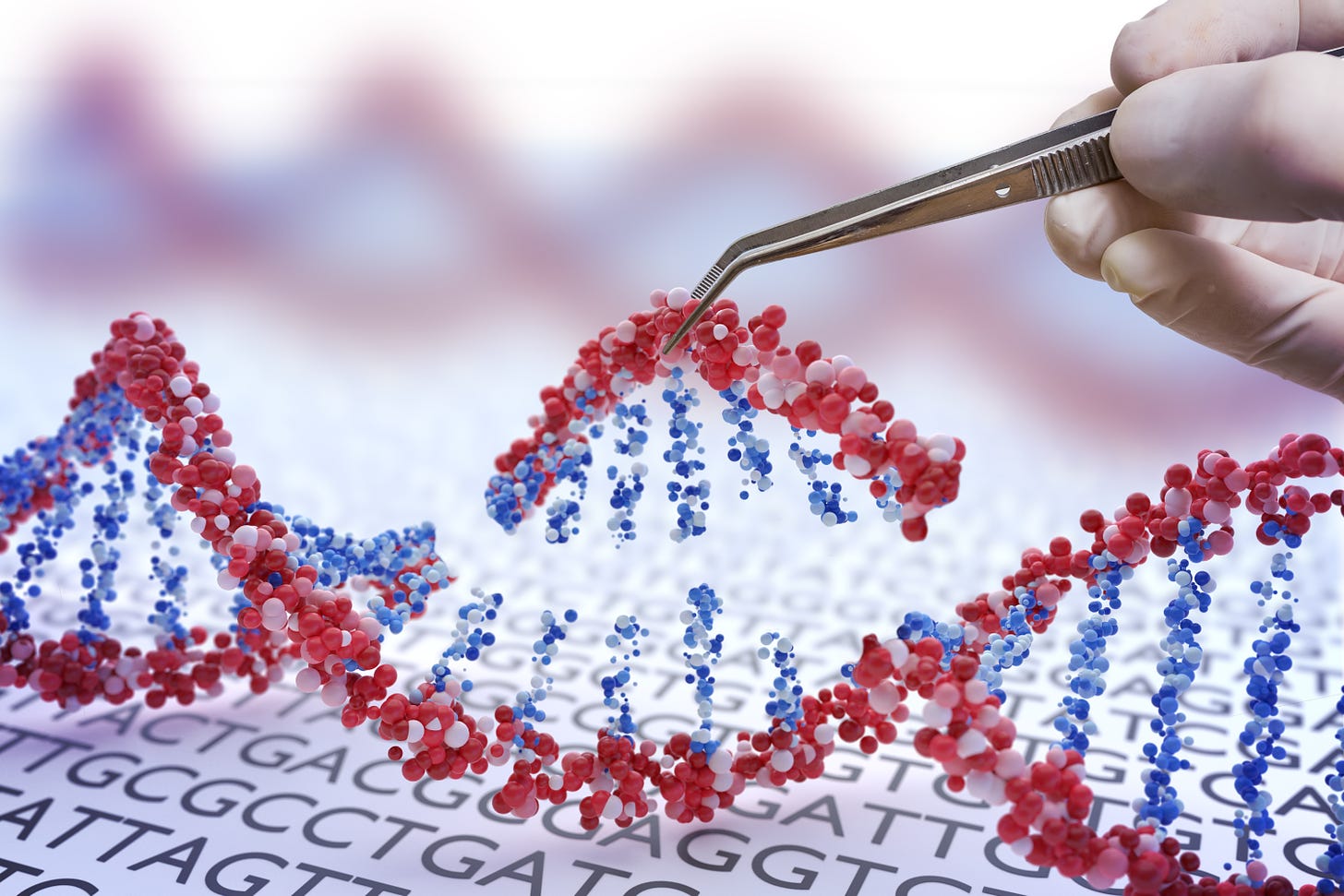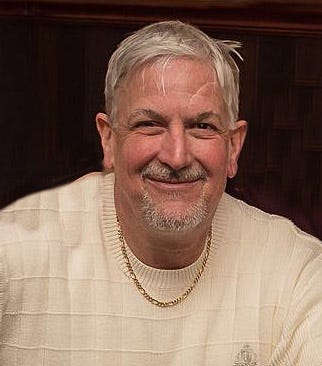Welcome to Emerging Tech Law Issue #14, featuring:
- Nobel Prize winners need to stop their insane patent fight.
- The death of a Maryland man will move organ transplant procedures forward.
- Also noteworthy: Biden exec order on digital assets, FTC goes easy on Amazon, privacy in Web 3.
Why Nobel Prize Winners Should Quit

They developed one of the century’s biggest breakthroughs in science and technology. Their invention has already begun curing horrible diseases like Sickle Cell Anemia. The future holds even more promise for the technology to cure other diseases and maybe even slow the aging process.
Locked in Battle
But for years, the scientists who invented the gene-editing tool, CRISPR-Cas9, have been locked in litigation over who should own the patent rights to the technology.
Nobel Prize winners Jennifer Doudna of U.C. Berkeley and Emmanuelle Charpentier who was working with Doudna and the Berkeley team published the first paper on the CRISPR system in 2013. The paper described use of the system on genes in test tubes. But a team from the East Coast – the Broad Institute, led by Feng Zhang of MIT published a paper a few months later describing use of the tech in animal and human cells.
Patents for CRISP-Cas9 are worth billions of dollars because anyone doing any development in that field must pay for a license to use the technology or else face a business-killing patent infringement lawsuit. Both the East Coast and West Coast groups sought patent rights in the technology.
East Coast Rules
Recently, a panel from the U.S. Patent Office issued a ruling in favor of Broad Institute. That, however, won’t be the end of the battle. Appeals could drag on for years. Patent litigation is exceptionally expensive and time-consuming for the litigants who are forced to give depositions and subject their processes and notes to scrutiny.
Fortunately, development of life-saving applications using CRISPR-Cas9 has continued despite the litigation. It’s just required getting a license from both the West Coast and the East Coast groups.
Can’t They Just Get Along?
There’s an easy solution: drop the suits and form a joint venture that brings the West Coast and East Coast groups together. The joint venture could pool the patents and sell one license to anyone who wants to develop applications with the technology.
The Broad Institute has invited such an arrangement. The organization’s website says:
“Broad Institute has pressed for a joint licensing strategy, or patent pools, for more than eight years — before patents were issued to Broad or the University of California-Berkeley (UCB), with the hope of ensuring open, equitable, and streamlined access to these transformative tools. These efforts continue, and we remain optimistic.”
And that way everyone wins. The scientists get the financial rewards they deserve, and the world gets the benefits of a life-saving technology.
You’d think some of the smartest people in the world could figure that out.
David Bennett Had to Die

The Maryland man who received a genetically modified pig’s heart died earlier this month, eight weeks after he received the transplant.
For the 57-year-old patient, David Bennett, the procedure was a failure. Although doctors released video of Bennett watching the Super Bowl after the procedure, Bennett never made it out of the hospital. But for humanity, the procedure was a resounding success.
Lengthy Waiting List: About 3,500 Americans are on the heart transplant waiting list at any given time, and some of them don’t survive until a heart becomes available. Car accident victims are one of the prime sources of donor hearts, but as cars get safer, particularly with the rise of self-driving vehicles, the availability of donor organs will decrease.
Invaluable Insights: As with all developing technologies, there are cycles of development, measuring of results, learning from the data and further iterations of the technology based on the data. This same build-measure-learn cycle is necessary whether you’re building a social media app, a self-driving car or a process for saving humans with pigs’ hearts. No one gets it right the first time.
Although news reports didn’t identify the specific cause of Bennett’s death or what learnings there may have been, it’s clear the doctors who treated Bennett gained knowledge that should make the procedure better the next time it’s used.
“We have gained invaluable insights learning that the genetically modified pig heart can function well within the human body while the immune system is adequately suppressed,” Dr. Muhammad Mohiuddin, scientific director of the Maryland university’s animal-to-human transplant program, said in a statement.
The Food and Drug Administration allowed the transplant procedure based on a compassionate use exception because Bennett was on the verge of death and was ineligible for a human heart transplant because of his past failure to comply with doctors’ orders.
Considering that Bennett lived for two months after the transplant, the FDA may be more willing to grant exceptions to allow further trials of the procedure.
It’s unfortunate. But David Bennett had to die so that others may live.

Also Noteworthy:
- FDA Guidance on Gene Therapy: Focus on patients with no other treatment options. (Fierce Biotech)
- Biden’s Exec Order on Digital Assets: Too little, too Late? (The Hill).
- Microsoft Allegedly Expects Negative Feedback on its own augmented reality HoloLens product in military field trials. (Road to VR)
- No Trustbusting! FTC allows Amazon acquisition of MGM studios. (Telecoms)
- Have DAOs Jumped the Shark: Century-old investment firm launches DAO (Bessemer)
- Privacy in Web 3.0 (Good Morning Web 3)